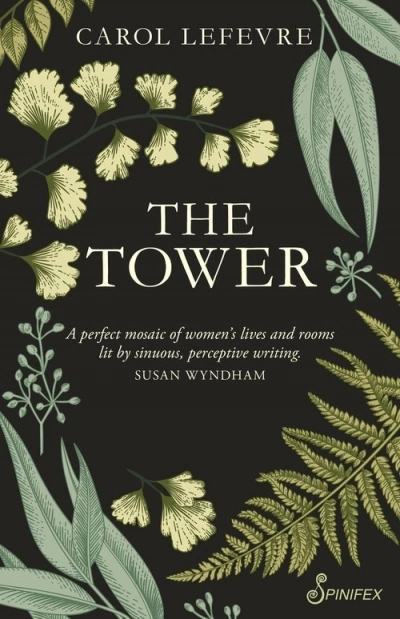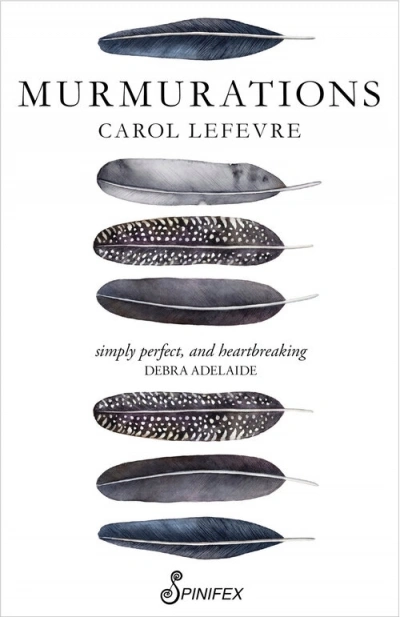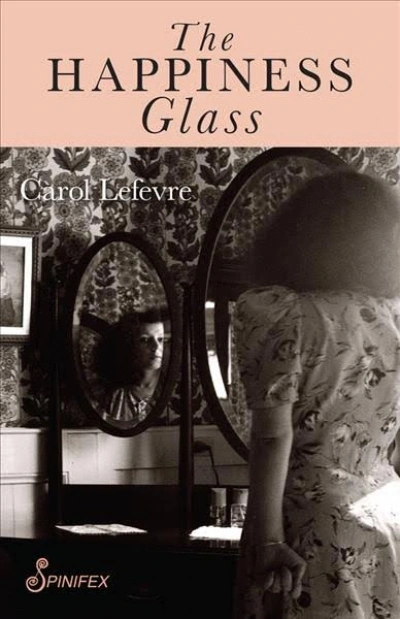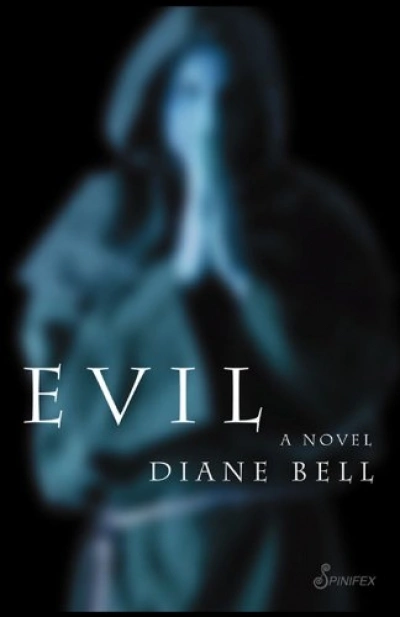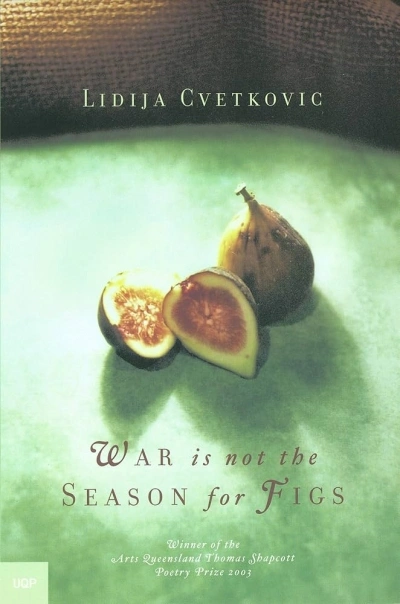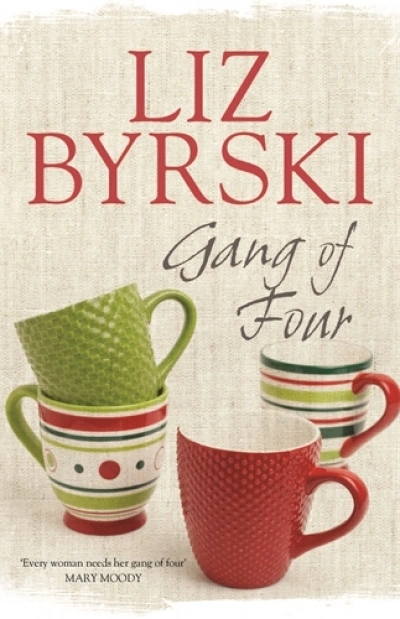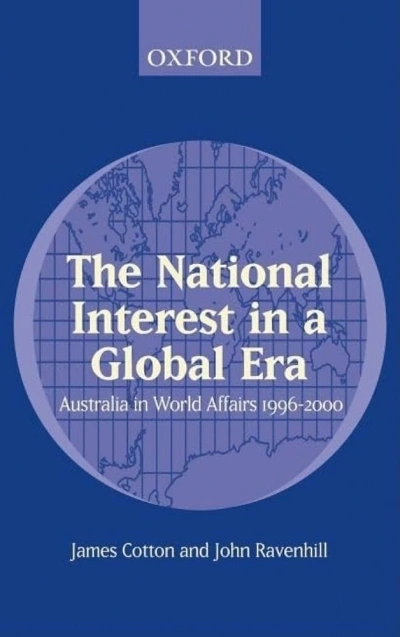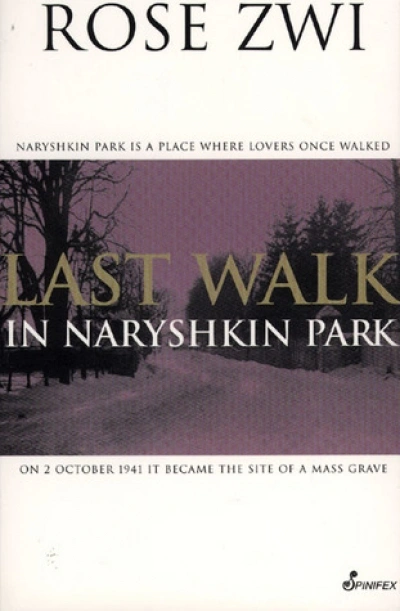Spinifex Press
Paige Clark’s She Is Haunted (Allen & Unwin, $29.99 pb, 264 pp) opens with the story ‘Elizabeth Kübler-Ross’, a title that alludes to the five stages of grief – denial, anger, bargaining, depression, and acceptance – that inform the rest of her début collection. Clark doesn’t explain why the narrator feels anxious about the survival of her unborn child and its father. The reader is left to assume that the prospect of too much undeserved happiness impels her to embark on a series of amusing and escalating bargains with a capricious God. That the narrator bears the losses with equanimity is indicative of the deadpan humour with which Clark deflects serious matters.
... (read more)War Is Not the Season for Figs by Lidija Cvetkovic & Modewarre by Patricia Sykes
The National Interest in a Global Era edited by James Cotton and John Ravenhill & How to Argue with an Economist by Lindy Edwards
These four titles are reissues of well-known texts, or of the work of well-known writers, from four different publishers. A good sign perhaps, very welcome at a time when publishing seems ever more ephemeral and when many works, even from the recent past, are unavailable.
... (read more)

